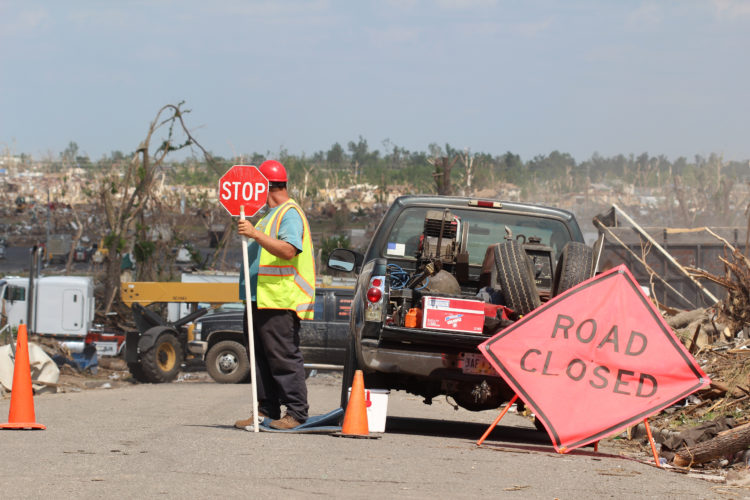In the Western world, people have a hearty appetite for natural products, especially natural foods. Yet a new article by an Olin professor—an opinion piece backed by research—says no theoretical or empirical evidence exists to support widely held beliefs about the superiority of natural things.
“Nature is not particularly benevolent,” the authors write.
The paper, published in May in Nature Human Behaviour, is a collaboration between Sydney Scott, assistant professor of marketing at Olin, and Paul Rozin, professor of psychology at the University of Pennsylvania.
In addition to foods labeled “organic” and “all natural,” many people use natural and herbal medicines and personal care products.
“People are drawn to these natural labels because they think nature is safe and benevolent,” Scott and Rozin write. “However, these beliefs are often wrong. Nature did not evolve to help mankind.”
Tomato paste debate
“In the lay mind,” they write, “naturalness is destroyed by almost any process that involves human intervention.” A product’s history of processing “is more important than the actual content of a product for determining naturalness.”
Consider tomato paste processed with added sugar. It’s not as natural as plain tomato paste. But if the sugar then is removed, it’s then the same as the original paste; the tomato paste has undergone two processes and is back to its original content. Still, many will view it as less “natural.”
“When process and content are dissociated, processing appears to be more important” to “natural” advocates, the authors say.
In a way, naturalness has moral meaning to Westerners, according to the paper, “Actually, natural is neutral.” Mainly, people think naturalness is morally superior.
Scott and Rozin wrote the article before the pandemic, but “I’ve wondered if it can be applied to the psychology of people’s reactions to coronavirus,” Scott said.
“Some people infer coronavirus is a deliberate product of human creation. It’s as though people are deeply reluctant to believe something so tragic could be caused mostly by nature.”
GMO foods
The issue plays out clearly in the resistance to genetically modified (GMO) foods, Scott says, even as evidence suggests GMO products are as safe as conventional foods and can have advantages in disease resistance, shelf life and nutrition.
The people who hold the most extreme views opposing GMO foods think they know the most about GMO food science. But they actually know the least, according to research Scott and others conducted.
“The moral aspects of GMO opposition suggest that the innovation of CRISPR, which makes genetic editing more targeted, precise, accessible and affordable, might be met with similar opposition,” Scott and Rozin write in their new paper.
Believing nature is benevolent causes people to overlook its dangers, they say.
“The central point is that many people believe natural things are good for humans,” Scott says. “Sometimes that is true, but sometimes it is not.
“This deeply held belief in the benevolence of nature causes people to focus on risks caused by humans, even in cases where risks caused by nature are equally dangerous.”
Pesticides
Consider pesticides. “We focus on thoroughly testing and regulating commercial pesticides,” the authors write. “Yet plants naturally produce pesticides to protect themselves from fungi, insects and animal predators. In fact, 99.99% of the pesticides we consume (by weight) are natural.”
The point is not to scare people about the amount of natural pesticides they consume, Scott said. “I want to point out the imbalance between how much we talk about and focus on synthetic pesticides and what proportion of our diet they comprise.”
The authors also point to natural and herbal health products. For instance, in the 1990s, some weight-loss remedies contained ephedra, a plant native to central Asia. Ephedra is dangerous, and it was linked to dozens of deaths in the United States before it was banned in 2003. “People did not realize that this natural, amphetamine-like compound could constrict blood vessels and increase the risk of stroke.”
Yes, the authors acknowledge, nature brings us wonderful things. Beautiful mountain vistas, waterfall, birds, sunsets.
“It also brings us earthquakes, floods and death itself,” they write. “It does not exist to help us or to harm us.”
In 2011, a tornado destroyed much of Joplin, Missouri. Shutterstock photo



